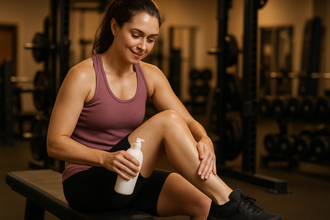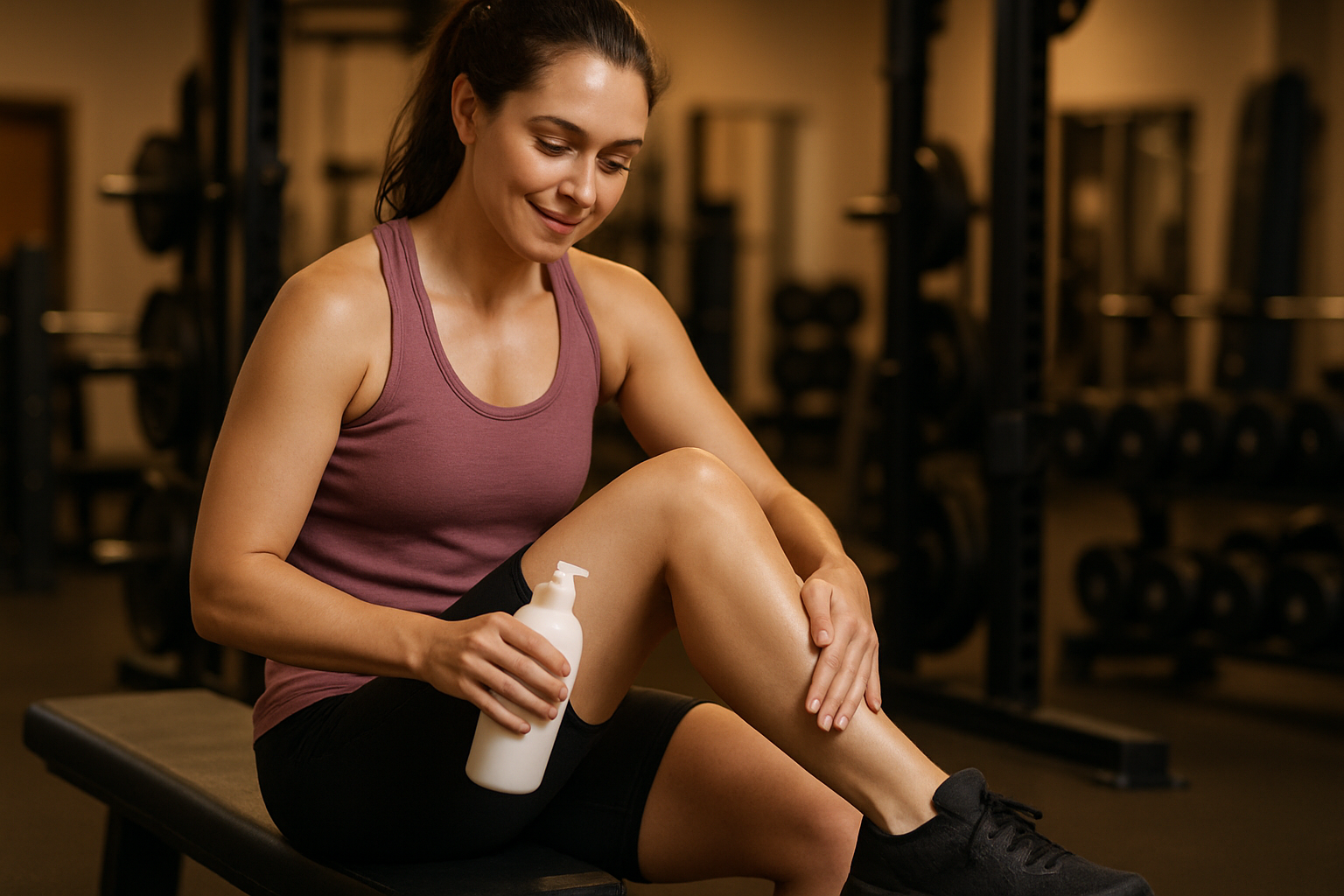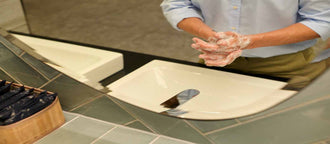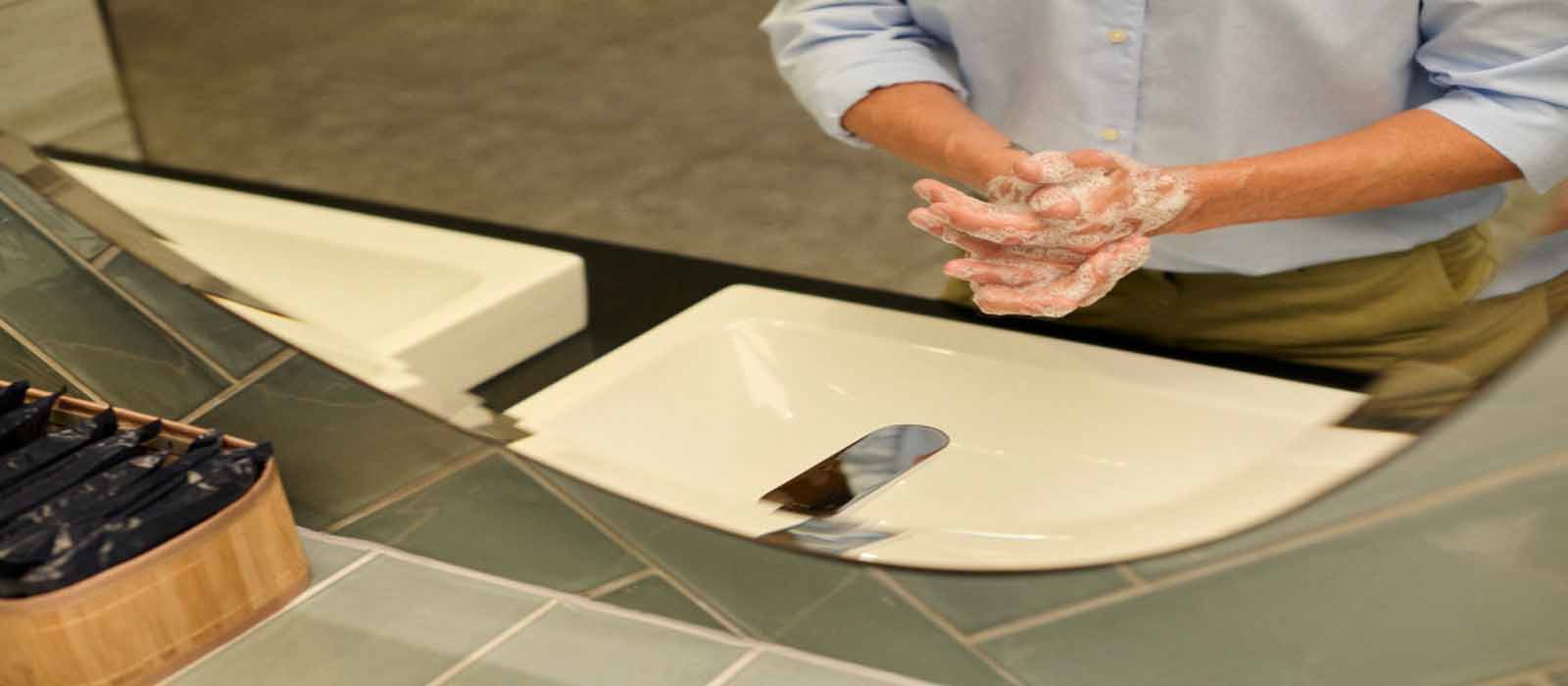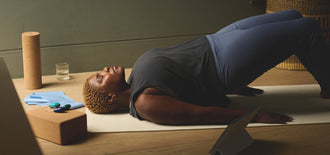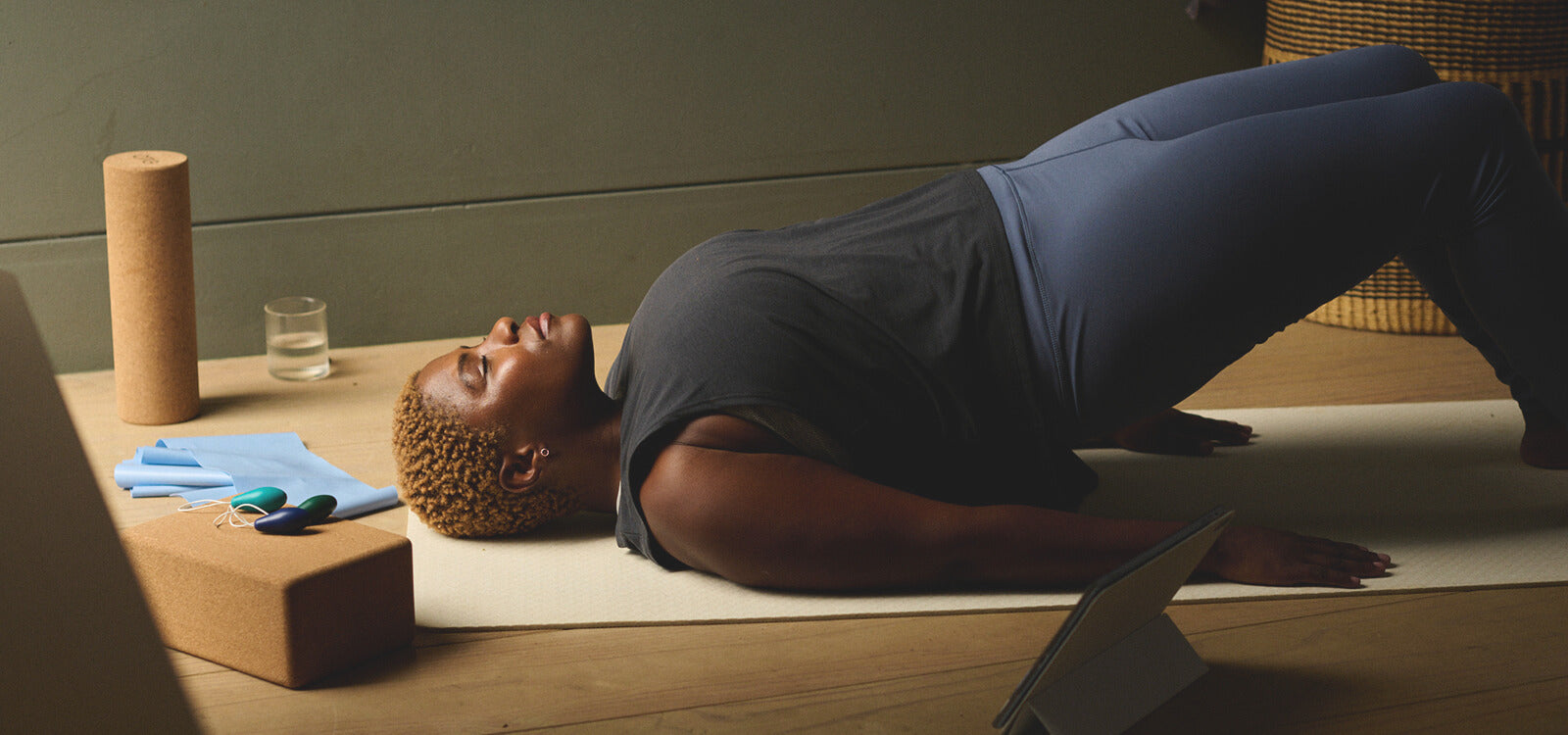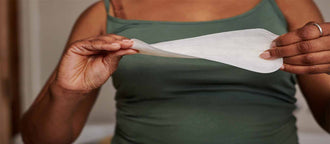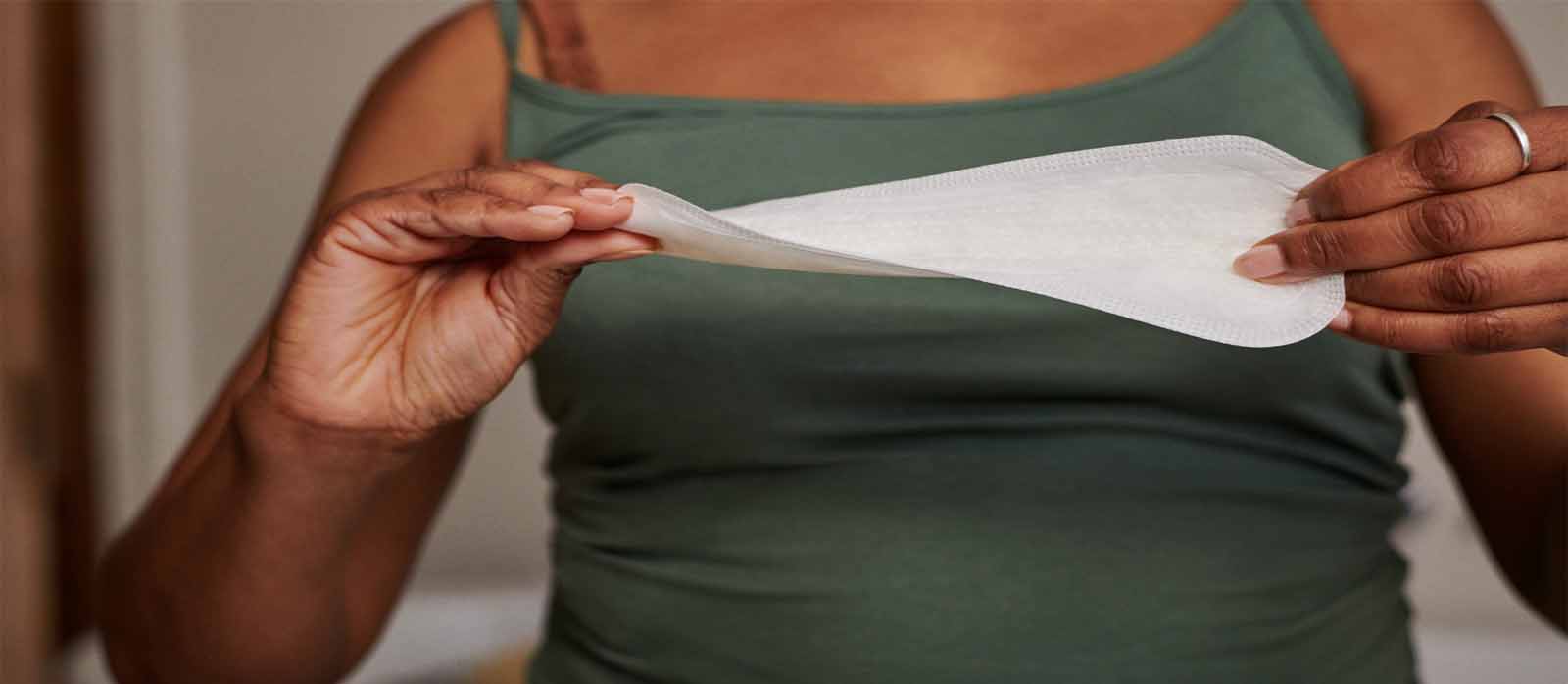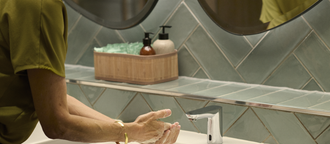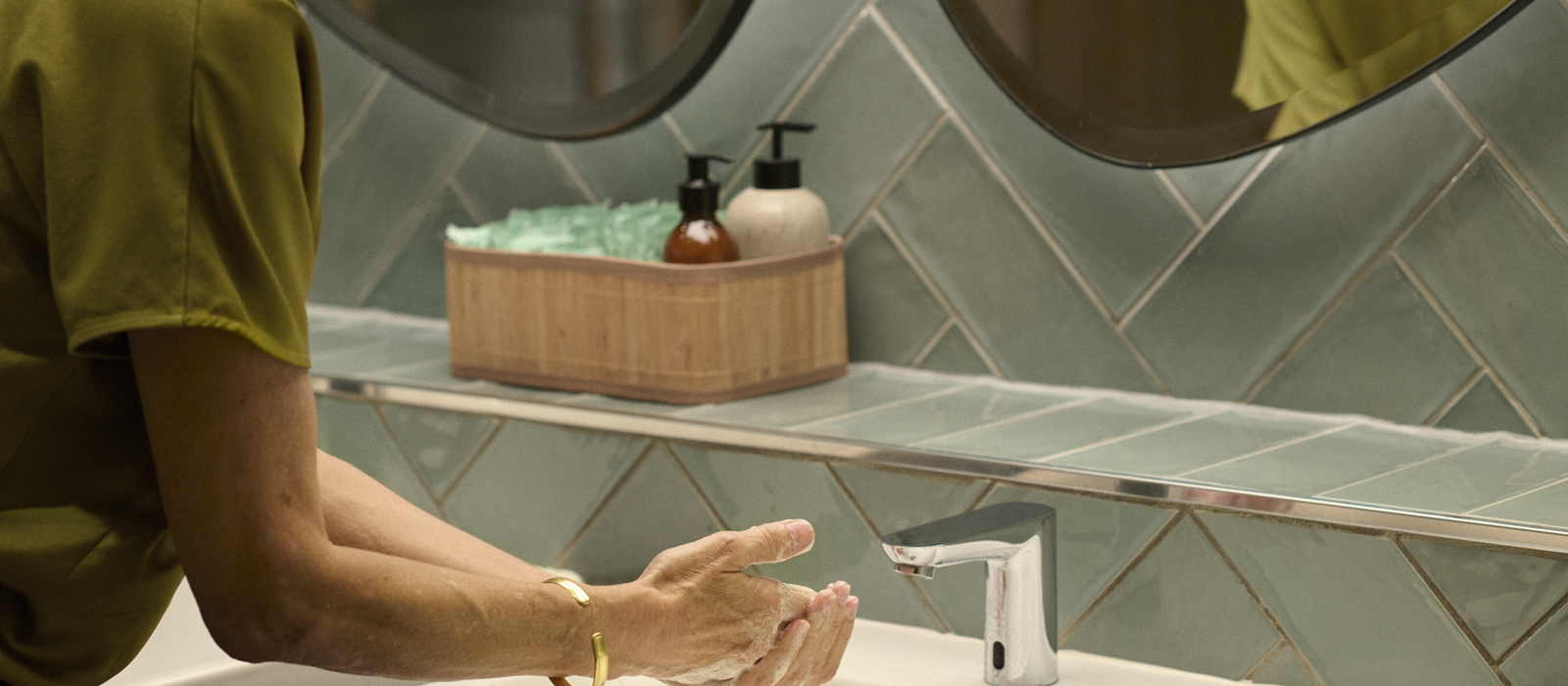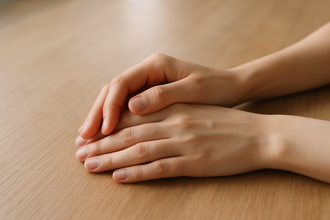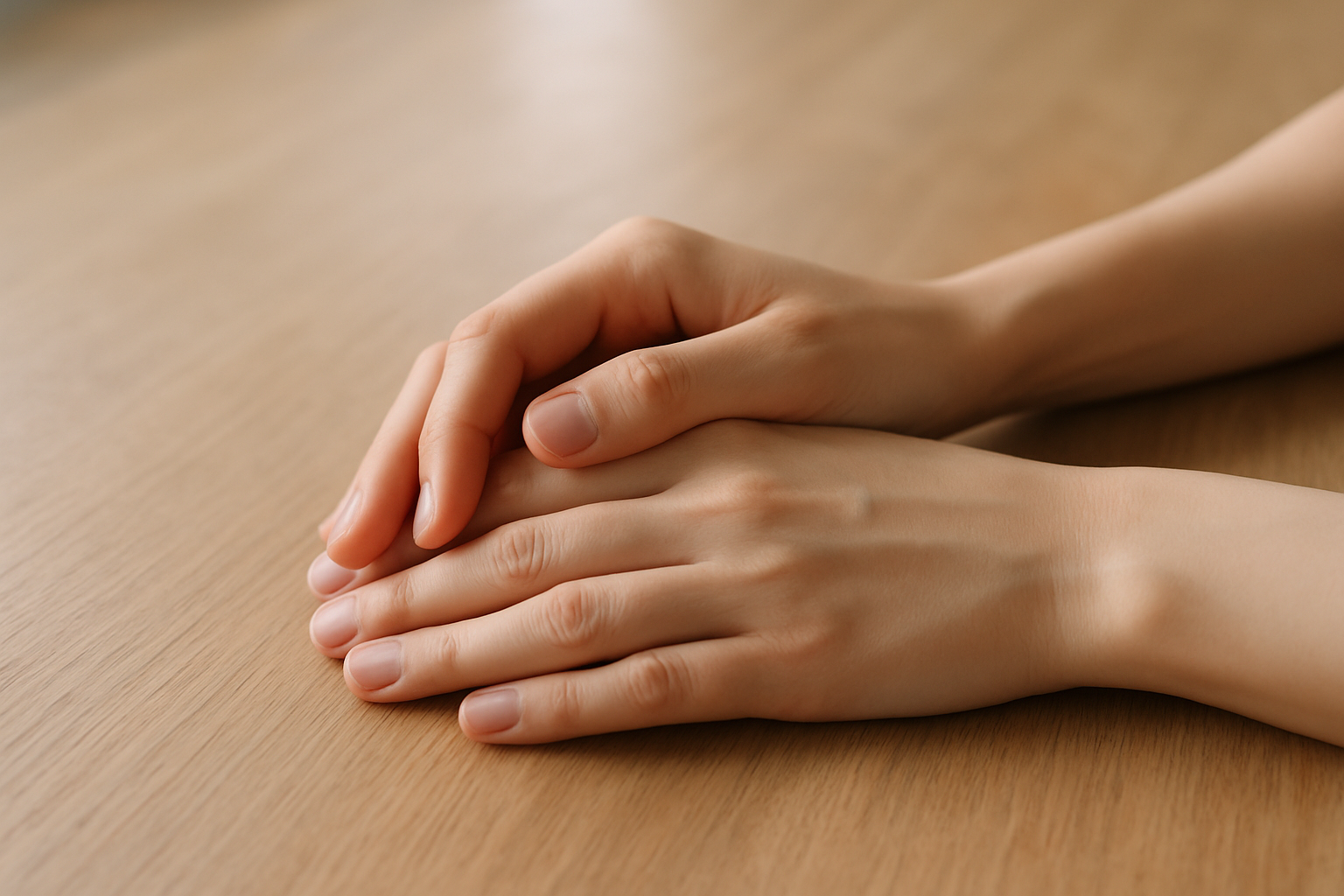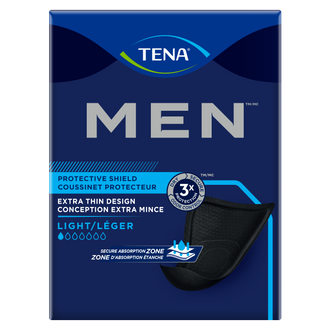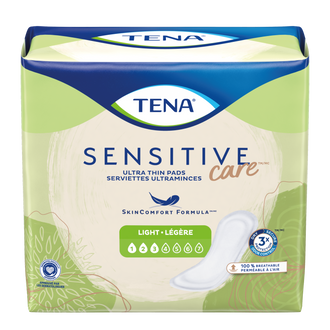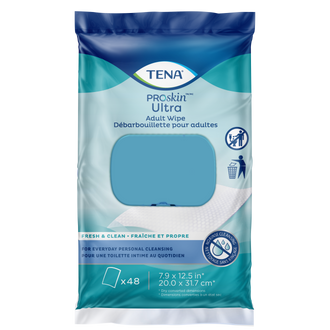Jul 17, 2024
Having the right products can make a big difference when you’re living with incontinence, and making sure those products are being used in the right way is equally important. TENA incontinence pads offer you excellent protection against leakage and odor. If you have questions about how often to change pads, how to treat skin irritation, or how often you should change your pad at night, here are some straightforward answers.
How often should you change your pad?
As a general rule, you should change your pads 3-5 times per day. This may differ from person to person, depending on various factors, such as the condition of your skin, the amount of leakage you experience, and the kind of product you’re using. The important thing is to always change your incontinence products before they exceed their absorption capacity. This not only prevents accidental leaks, it helps avoid skin hygiene issues which can lead to bad odors, dermatitis, and uncomfortable infections.
It’s also important to ensure that your pad is individually suited to your needs. Be careful to choose the right size, absorption and type of pad, and make sure it is securely fitted, with a close and comfortable fit in the groin area. TENA offers a wide range of pads designed for different needs, lifestyles and absorbency levels.
Why do some people change dry pads?
Every person’s body and skin are different. While all TENA incontinence products are soft and absorbent, with odor control, some users may still want to change pads more often – especially those with an active lifestyle. Even if you haven’t experienced any major leakage, changing your pad regularly may help you stay comfortable. Do what feels best for you. And remember, when changing pads, keep the sensitive skin in the perineal area clean and protected with good products like TENA wet wipes or cleansing cream.
How do you treat skin irritation?
Prolonged exposure to moisture can cause irritation and skin breakdown. This is why it’s important to frequently change your urinary leakage pad before it becomes too full – the more you can maintain dryness, the better.
If irritation does develop, make sure to treat it properly. First wash the skin carefully, using the right products, then dry it with a towel. When the area is clean and dry, apply barrier cream to help heal and soothe the skin. If the irritation continues, consult your healthcare professional.
What about changing incontinence guards at night?
Nighttime is a different story. A good night’s sleep is incredibly important to your health, and your incontinence product should help with that, not interrupt it.
For better and more comfortable sleep, try using night pads. TENA night pads for women, such as TENA Overnight Extra Coverage, feature special Lie-down Protection with a specific shape and length for better liquid capture when lying down. They are also more absorbent overall, so you can continue sleeping with less disturbance, wake up refreshed, and dispose of the pad in the morning.
Greater absorbency at night is also key for men. For example, TENA Incontinence Guards for Men Level 3, with its Dual Core Secure Absorption Zone, can help you stay dry, confident, and in control, both day and night.
Read > How to Wear Male Incontinence Pads, Guards, and Shields: A Step-by-Step Guide
You’re not alone.
Even though incontinence in its various forms is extremely common, the social stigma that still surrounds it can take an emotional toll. At TENA we’re working hard to challenge these negative perceptions and improve awareness and acceptance.
If you have urinary leakage but haven’t seen a doctor, remember that asking for help is a sign of strength, not weakness. Confiding in a friend or a loved one, even if it’s daunting at first, can also be an enormous relief. Finally, by using the right products, you’ll be prepared to handle daily challenges without worrying about leaks.
Explore Expert Advice on Types of Incontinence:
- Understanding Urinary Incontinence in Adults
- What is Stress Incontinence?
- Essential Tips for Overactive Bladder Care
And when it comes to how often to change incontinence pads, remember to always change your incontinence pads before they become too wet, and keep your intimate area dry, clean, and protected for natural skin health.

































